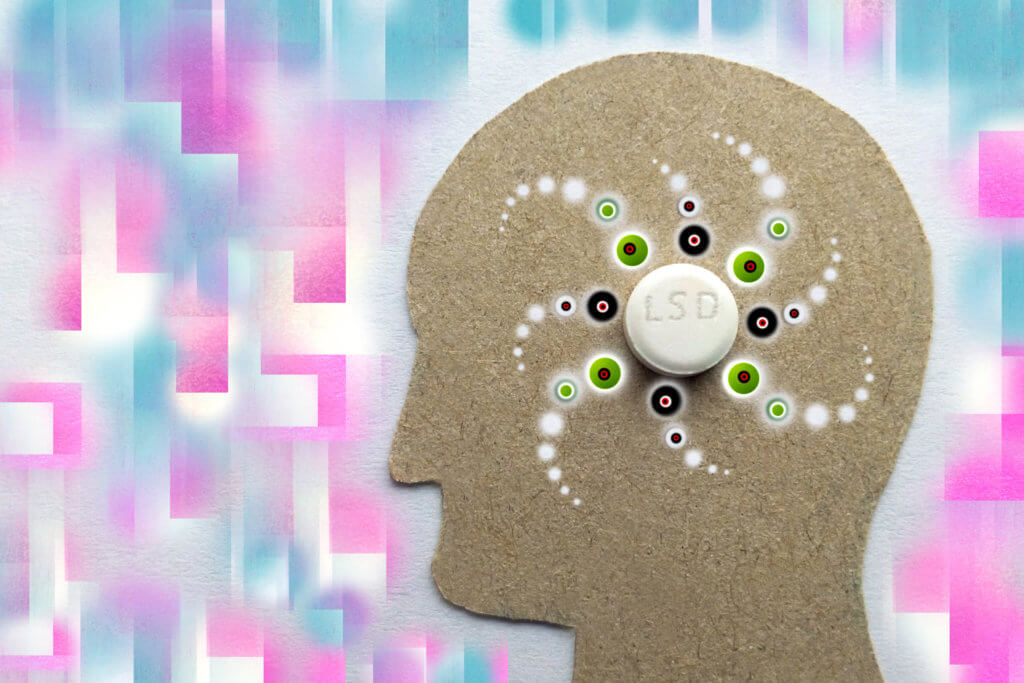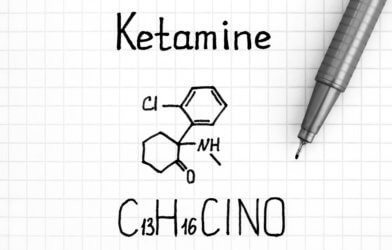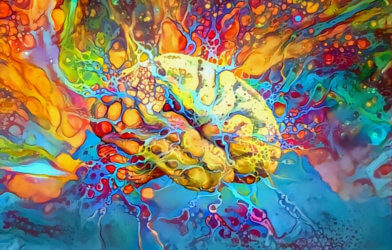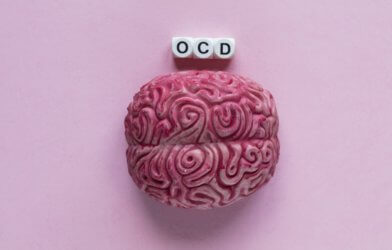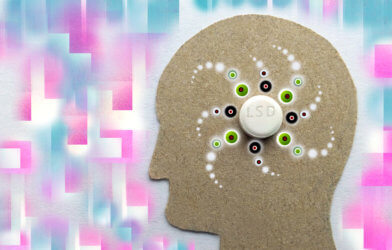People often report transformative experiences after taking psychedelic drugs like magic mushrooms. A recent study from Johns Hopkins researchers gives more insight into how altered consciousness provides these “mystical” and belief-changing journeys. Understanding the relationship between psychedelics and consciousness may help in developing psychedelic drug therapies for mental health disorders.
Scientists say that people who have more intense mystical experiences were more likely to experience the consciousness of living and nonliving things.
“This study demonstrates that when beliefs change following a psychedelic experience, attributions of consciousness to various entities tend to increase,” says study co-author Dr. Sandeep Nayak, postdoctoral research fellow at the Johns Hopkins Center for Psychedelic and Consciousness Research in a statement. “It’s not clear why, whether that might be an innate drug effect, cultural factors or whether psychedelics might somehow expose innate cognitive biases that attribute features of the mind to the world.”
The team studied survey responses from 1,606 people who report a belief-changing psychedelic experience. The average age of participants was 35 and mainly white (89%), male (69%), and living in the United States (69%). Participants answered questions regarding their drug use, the type of drug used, and what beliefs were altered from a single psychedelic experience.
People with belief-altering experiences after one time with psychedelics reported more attributions of consciousness to living and non-living objects. For instance, people became more cognizant of the consciousness of insects (from 33% to 57%), fungi (21% to 56%), and plants (26% to 61%). About 26% of people attributed consciousness to inanimate natural objects — only 8% of people considered nonliving objects conscious before the psychedelic trip. Consciousness for inanimate artificial objects rose from 3% to 15%.
Interestingly, people reported that their trip occurred about eight years before taking the survey. This suggests the belief changes may last for a while.
“The results suggesting that a single psychedelic experience can produce a broad increase in attribution of consciousness to other things, raises intriguing questions about possible innate or experiential mechanisms underlying such belief changes,” says Roland Griffiths, PhD, a professor in the Neuropsychopharmacology of Consciousness at the Johns Hopkins University School of Medicine. “The topic of consciousness is a notoriously difficult scientific problem that has led many to conclude it is not solvable.”
The study is published in the journal Frontiers in Psychology.
